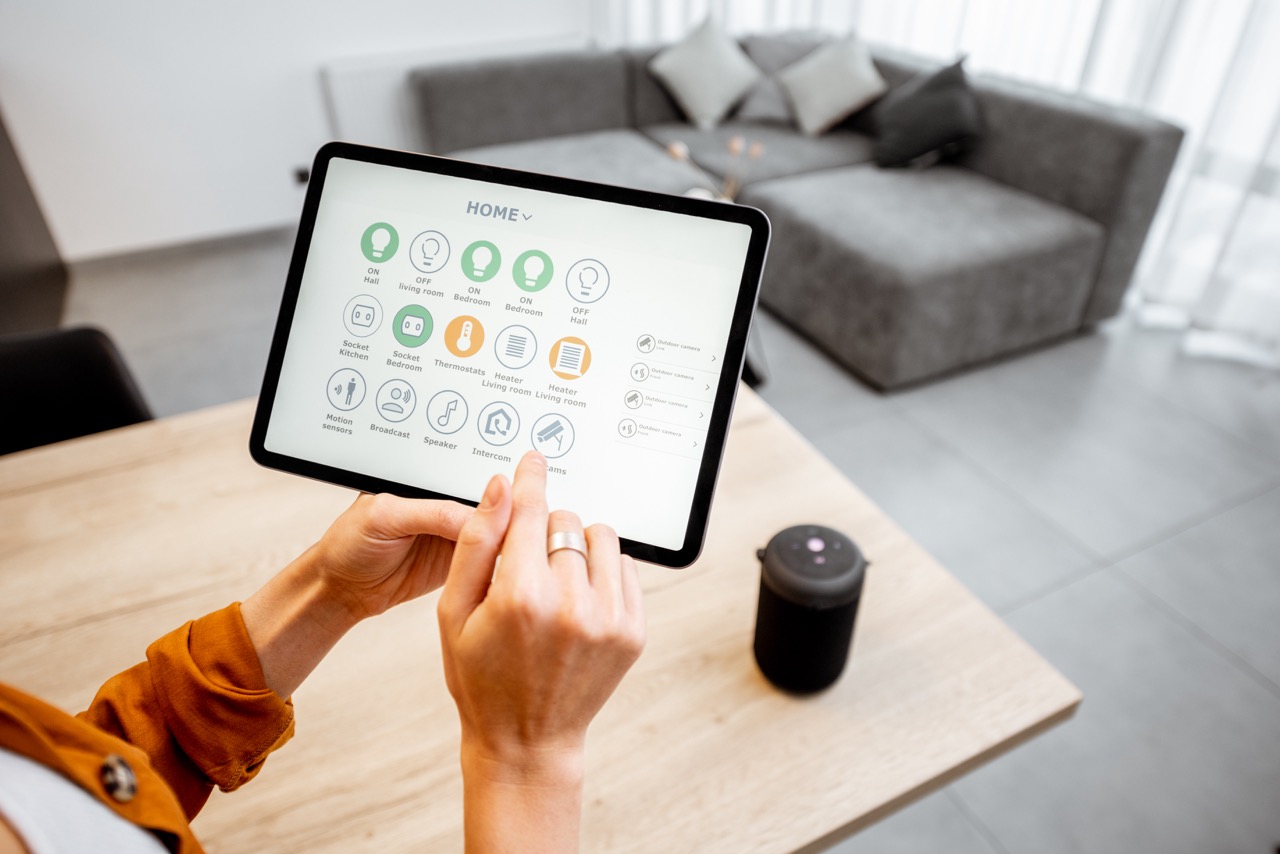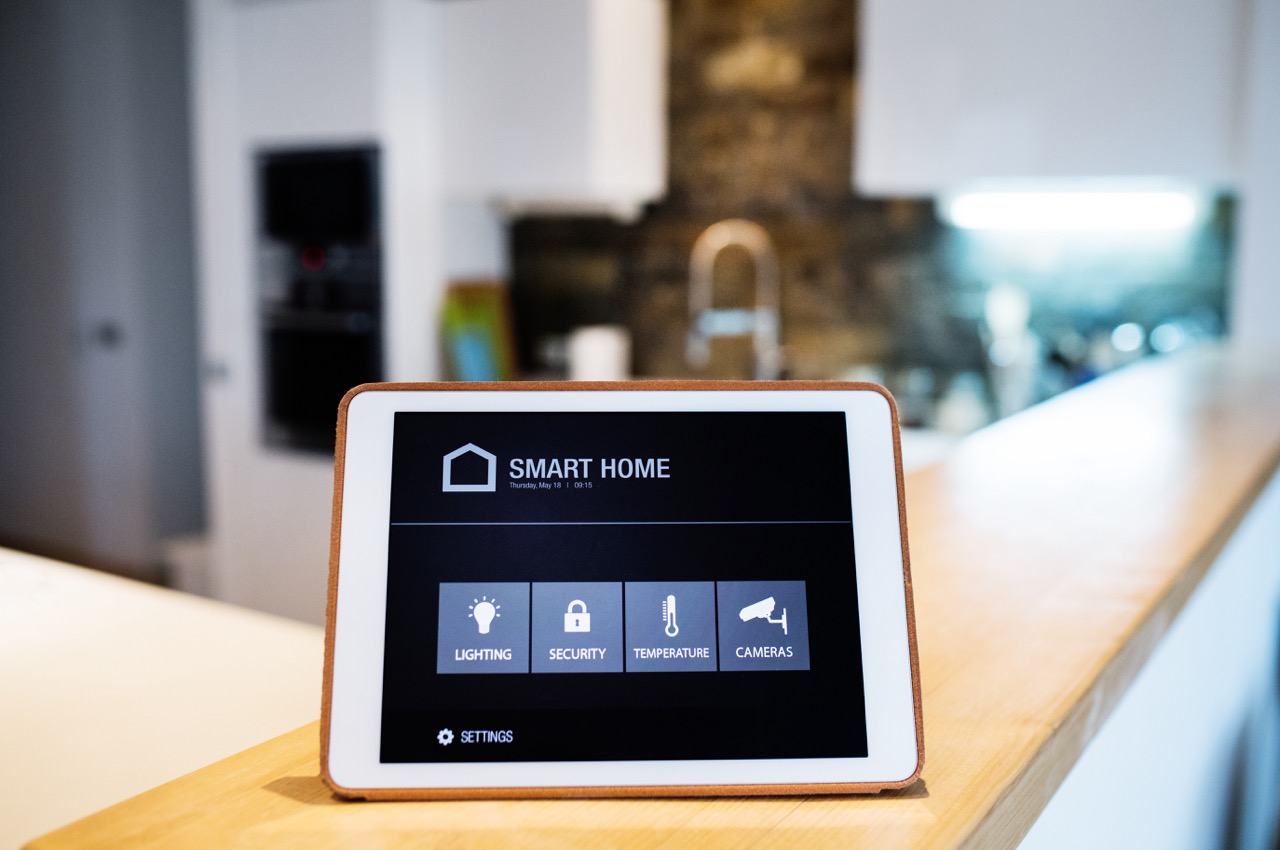With a growing interest in health and nutrition, many people are turning to technology to aid their journey towards healthier eating habits. Among the myriad of gadgets and tools available today, smart scales have emerged as a particularly innovative solution. Far beyond merely weighing food, these devices offer a comprehensive look at what you’re about to consume, thus empowering you with the knowledge to make healthier choices. Read on to discover how integrating a smart scale into your daily life can not only transform your diet but also reinforce your commitment to a healthier lifestyle.
1. Unveiling the Magic of Smart Scales
Smart scales are not your average kitchen scales. These advanced devices are equipped with sensors and technology that go far beyond simple weight measurement. They can calculate nutritional content—including calories, fats, protein, carbohydrates, and much more—of the food you place on them. This high-tech approach allows you to gain immediate insight into the nutritional value of your meals, which is invaluable information for anyone looking to eat healthier.
What sets smart scales apart is their ability to connect to various apps on your smartphone or tablet. This connectivity allows for an integrated view of your nutritional intake over time, helping you see not just what you’re eating in one meal, but your overall dietary patterns. Such features make it easier for users to understand how their meals fit into their wider dietary goals, paving the way for smarter, healthier food choices.
Moreover, many smart scales come with expansive databases, often containing nutritional details for thousands of foods. They can even recognize different food items on the scale, making it easier than ever to log and track what you eat without the guesswork of traditional calorie counting.
2. Beyond Weight: Smart Scales’ Nutritional Insight
One of the most significant benefits of smart scales is their ability to provide more than just weight measurements. They delve deeper into the nutritional composition of your food, offering real-time data on sugar, fiber, and salt content, among other things. This is particularly useful for those managing conditions like diabetes or high blood pressure, where dietary monitoring is crucial.
In addition to the nutritional breakdown, some smart scales can also track the freshness of your ingredients, recommending optimal consumption periods and thus helping reduce food waste. This feature not only promotes a healthier diet but also encourages a more sustainable eating lifestyle. With these insights, individuals can make more informed decisions about the food they consume, tailored precisely to their health needs and goals.
Furthermore, the precision of smart scales ensures that you get accurate nutritional information based on the exact size and weight of your serving. This eliminates the inaccuracies that often come with manual nutritional estimates, giving you confidence in the nutritional data you use to guide your eating habits.
3. Smart Scales: Paving Your Path to Balanced Meals
Smart scales can guide users toward more balanced meals by making it easy to adjust ingredients to meet recommended dietary guidelines. For instance, if a meal is too high in carbohydrates but low in protein, the scale can suggest adjustments to rebalance the meal according to your pre-set health goals.
This technology also supports those following specific diets, like keto or paleo, by ensuring that the proportions of macronutrients align with the diet’s requirements. This guidance is especially helpful for beginners who are unfamiliar with the nuances of these diets and can help prevent common nutritional deficiencies.
Additionally, smart scales can assist in meal planning and preparation. By storing your dietary preferences and health objectives, these devices can recommend recipes and portion sizes, making it easier than ever to prepare healthy, balanced meals that align with your nutritional goals.
4. Achieving Portion Control with Precision
Portion control is often one of the toughest challenges for individuals trying to modify their eating habits. Smart scales address this challenge head-on by providing precise portion sizes, tailored to the nutritional content needed for an individual’s specific health objectives. This can be particularly beneficial for weight loss, where managing calorie intake precisely can lead to more consistent results.
The ability to measure portions accurately also helps in maintaining a balanced diet, as it ensures that all food groups are consumed in the right quantities. For example, the scales can help you ensure that the amount of protein on your plate aligns with dietary recommendations, while also keeping an eye on fat and carb intake.
Moreover, for families or individuals who cook in bulk, smart scales can be invaluable in dividing meals into appropriately sized servings, ensuring that everyone at the table is eating a nutritionally balanced meal without overindulging.
5. The Motivational Power of Tracking Progress
One of the key features of smart scales is their ability to track your dietary habits over time. This tracking can be incredibly motivating, as it provides visual proof of your progress towards your health goals. Seeing a trend towards healthier eating can reinforce your commitment and boost your motivation to maintain or even improve your dietary habits.
Data collected by the scale can also be shared with nutritionists or health coaches, who can provide personalized advice and adjustments based on your logged food intake. This collaborative approach can be particularly effective in overcoming plateaus or reassessing goals as your dietary needs change.
Furthermore, many people find that having a record of their progress helps them stay accountable. The simple act of logging your meals can make you more conscious of your eating choices, pushing you towards healthier options even when temptation strikes.
6. Integrating Smart Scales into Daily Life Wisely
Incorporating a smart scale into your daily routine can be a seamless process, but it’s important to use the technology wisely. Start by setting clear, achievable goals for your nutrition and use the data from the scale to guide your meal planning. It’s not just about tracking what you eat, but also learning from the trends and making adjustments to your diet as needed.
Avoid becoming overly reliant on the data, however. It’s important to listen to your body and combine the insights from your smart scale with how you actually feel. Balance the quantitative data with qualitative factors like your energy levels and overall well-being.
Lastly, make sure to keep the technology in perspective. A smart scale is a tool to help you eat healthier, not a judge. Use the feedback it provides constructively and remember that occasional deviations from your dietary goals are part of a balanced, healthy lifestyle.
Smart scales represent a significant leap forward in nutritional technology and personal health management. By providing detailed insights into the nutritional content of your meals, aiding in portion control, and offering the motivational benefits of tracking your progress, these devices empower you to make informed decisions about your diet. When used wisely, smart scales can be a formidable ally in your quest for a healthier, more balanced lifestyle. Whether you’re managing a dietary condition, trying to lose weight, or simply aiming to improve your overall eating habits, a smart scale could be the key to achieving your nutritional goals.










